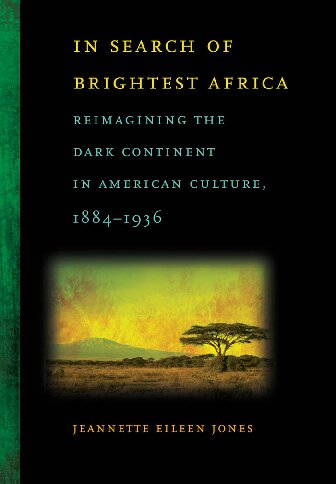

Most ebook files are in PDF format, so you can easily read them using various software such as Foxit Reader or directly on the Google Chrome browser.
Some ebook files are released by publishers in other formats such as .awz, .mobi, .epub, .fb2, etc. You may need to install specific software to read these formats on mobile/PC, such as Calibre.
Please read the tutorial at this link. https://ebooknice.com/page/post?id=faq
We offer FREE conversion to the popular formats you request; however, this may take some time. Therefore, right after payment, please email us, and we will try to provide the service as quickly as possible.
For some exceptional file formats or broken links (if any), please refrain from opening any disputes. Instead, email us first, and we will try to assist within a maximum of 6 hours.
EbookNice Team

Status:
Available4.7
36 reviewsIn the decades between the Berlin Conference that partitioned Africa and the opening of the African Hall at the American Museum of Natural History, Americans in several fields and from many backgrounds argued that Africa had something to teach them. Jeannette Eileen Jones traces the history of the idea of Africa with an eye to recovering the emergence of a belief in “Brightest Africa”―a tradition that runs through American cultural and intellectual history with equal force to its “Dark Continent” counterpart.
Jones skillfully weaves disparate strands of turn-of-the-century society and culture to expose a vivid trend of cultural engagement that involved both critique and activism. Filmmakers spoke out against the depiction of “savage” Africa in the mass media while also initiating a countertradition of ethnographic documentaries. Early environmentalists celebrated Africa as a pristine continent while lamenting that its unsullied landscape was “vanishing.” New Negro political thinkers also wanted to “save” Africa but saw its fragility in terms of imperiled human promise. Jones illuminates both the optimism about Africa underlying these concerns and the racist and colonial interests these agents often nevertheless served. The book contributes to a growing literature on the ongoing role of global exchange in shaping the African American experience as well as debates about the cultural place of Africa in American thought.